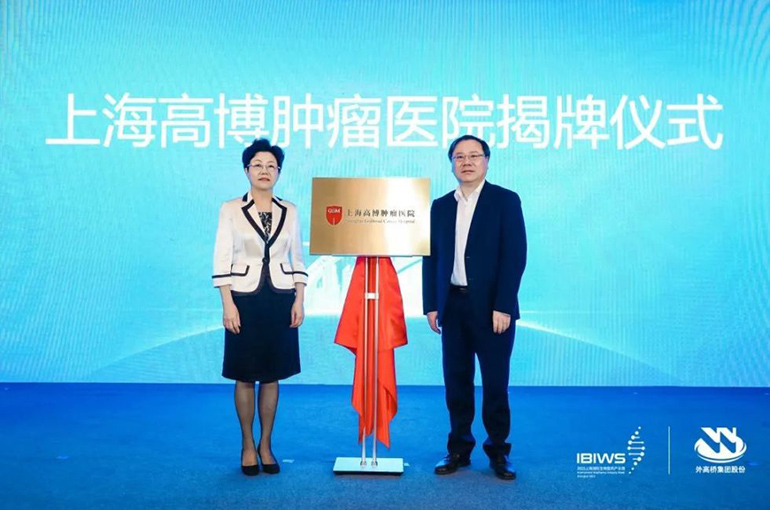 Shanghai’s FTZ Welcomes First Research Hospital
Shanghai’s FTZ Welcomes First Research Hospital(Yicai) Oct. 23 -- Shanghai’s free trade zone, which was officially launched a decade ago, opened its first research hospital on Oct. 20.
The Shanghai Gaobo Cancer Hospital will develop innovative technologies such as biological medicines and devices related to cell and gene therapy, Yicai learned during a recent healthcare forum held in the city.
Located in the Waigaoqiao Bonded Area of Pudong, the Shanghai Gaobo Cancer Hospital will promote the use of technologies to diagnose and treat difficult tumors, aiming to become a medical institution that is in line with international standards while meeting the innovative needs of China’s biomedical sector, according to Li Jin, its director.
Waigaoqiao is intent on becoming a pioneering area for cross-border research and development, as well as the production of cell and gene therapies, Yu Yong, chairman of the Shanghai Waigaoqiao Free Trade Zone Group, said at the forum. It is actively enticing leading biomedical firms to set up shop, attracting key projects in the industry chain, such as the Shanghai Gaobo Cancer Hospital, Yu added.
Domestic and foreign biotech firms have many advantages in Waigaoqiao, as it is more convenient to import special items of biomedicine and eligible firms do not need to pay tax on equipment for their own use, Yu noted.
The new cancer hospital will offer local drug innovators a place for research to help the industry chain form a closed loop from production to research and sales, Li said.
It has 400 beds and over half will be used in clinical trials, while the next 300 beds are expected in 2026. The goal is to carry out around 20 innovative drug studies a year, Li said, adding that only through clinical research can safety and efficacy be verified and a drug go to market.
Shanghai, already one of China’s most dynamic industry clusters for cancer treatments involving cell and gene therapies, brought out policy guidelines last month to develop more than five clinical research centers and demonstration wards for gene therapy by 2025.
Editors: Tang Shihua, Emmi Laine